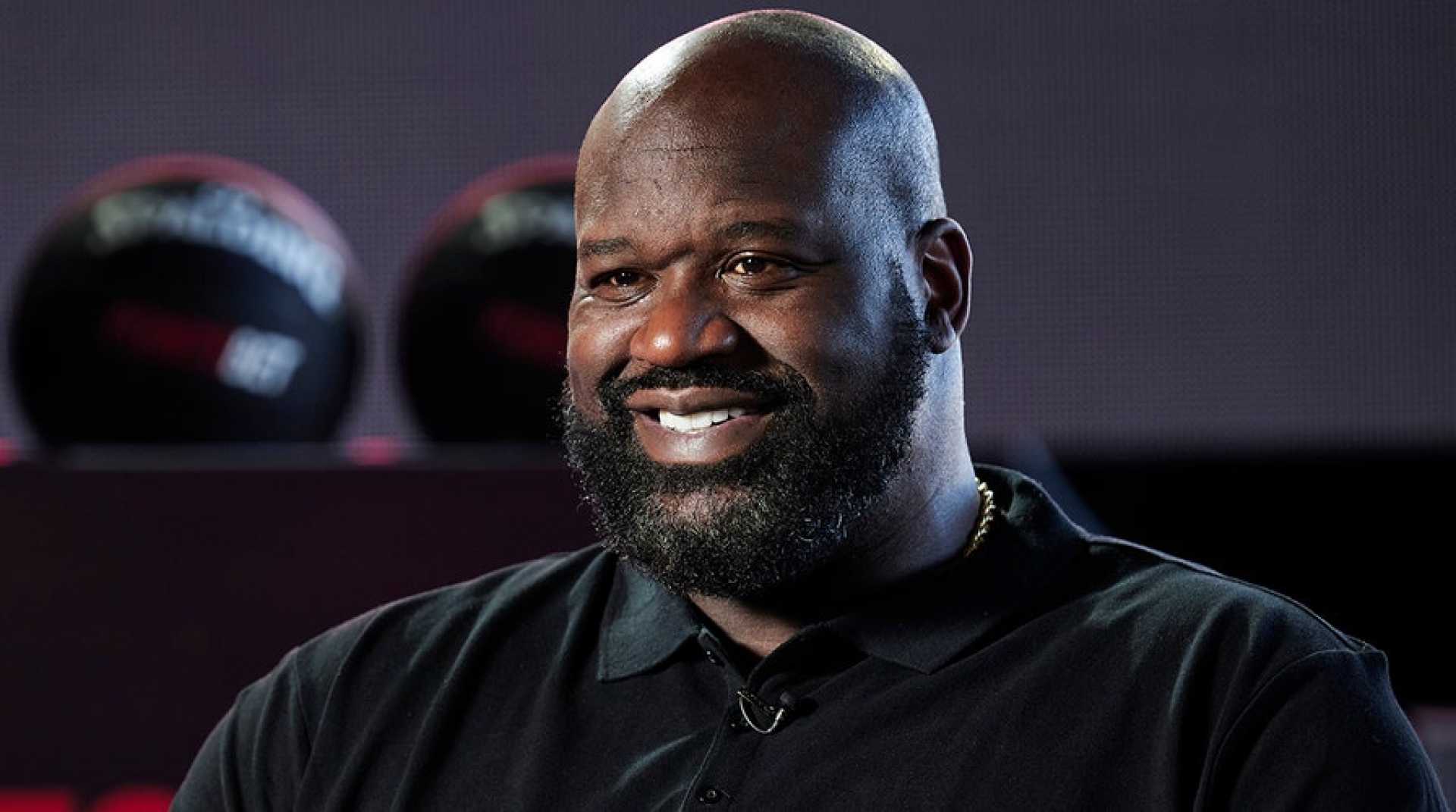Sports
Shaquille O’Neal Fuels NBA Draft Lottery Conspiracy Theories

ORLANDO, Fla. — Shaquille O'Neal ignited fresh speculation surrounding the legitimacy of the NBA Draft Lottery during a recent podcast with Ashley Nevel. The former NBA star recounted a conversation with the league’s then-commissioner, David Stern, three months before he was selected as the No. 1 overall pick in 1992.
According to O’Neal, Stern asked him, ‘You want to play where it’s cold or where it’s hot?’ He replied, ‘Hot,’ indicating his preference for a warmer climate. Shortly after, the Orlando Magic, located in sunny Florida, won the lottery, with the Minnesota Timberwolves and Charlotte Hornets taking the second and third slots, respectively.
O’Neal stated, ‘At the time, I didn’t think much about it. But now, there are a lot of conspiracy theories, and there are situations that could make these things sound true.’ His comments came at a time when the Dallas Mavericks controversially won this year’s lottery, despite having just a 1.8% chance of securing the top pick.
The Mavericks recently traded superstar Luka Dončić to the Los Angeles Lakers and then landed the opportunity to draft highly regarded prospect Cooper Flagg. Fans and analysts immediately questioned the integrity of the lottery system, with many suggesting the NBA might influence outcomes to ensure favorable narratives.
O’Neal referenced historical lottery controversies, notably the 1985 draft that saw the New York Knicks win the chance to select Hall of Famer Patrick Ewing. Conspiracy theorists claim the NBA may have engineered that outcome to enhance the league’s profile in a major market.
LeBron James also voiced skepticism regarding the lottery’s integrity, humorously mentioning his own experience when the Cleveland Cavaliers secured the No. 1 pick in 2003 to draft him. ‘I just don’t think that was a coincidence,’ he remarked.
While the NBA has consistently defended the integrity of its draft lottery, comments from prominent figures like O’Neal and James do raise eyebrows and perpetuate the notion that some decisions may align too conveniently with business interests. As O’Neal concluded, ‘I don’t want to use the word conspiracy theory, but it’s interesting how it all plays out.’












